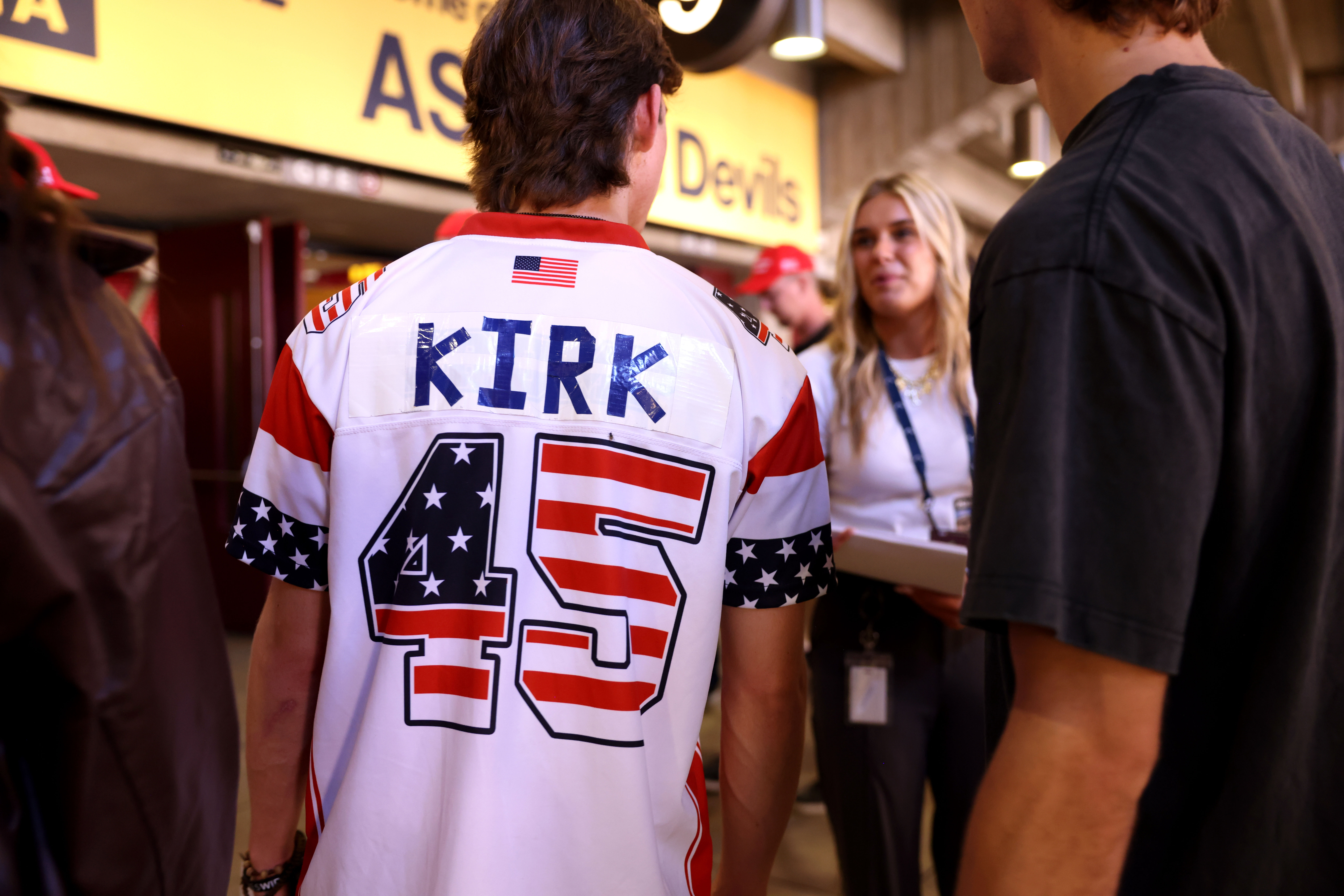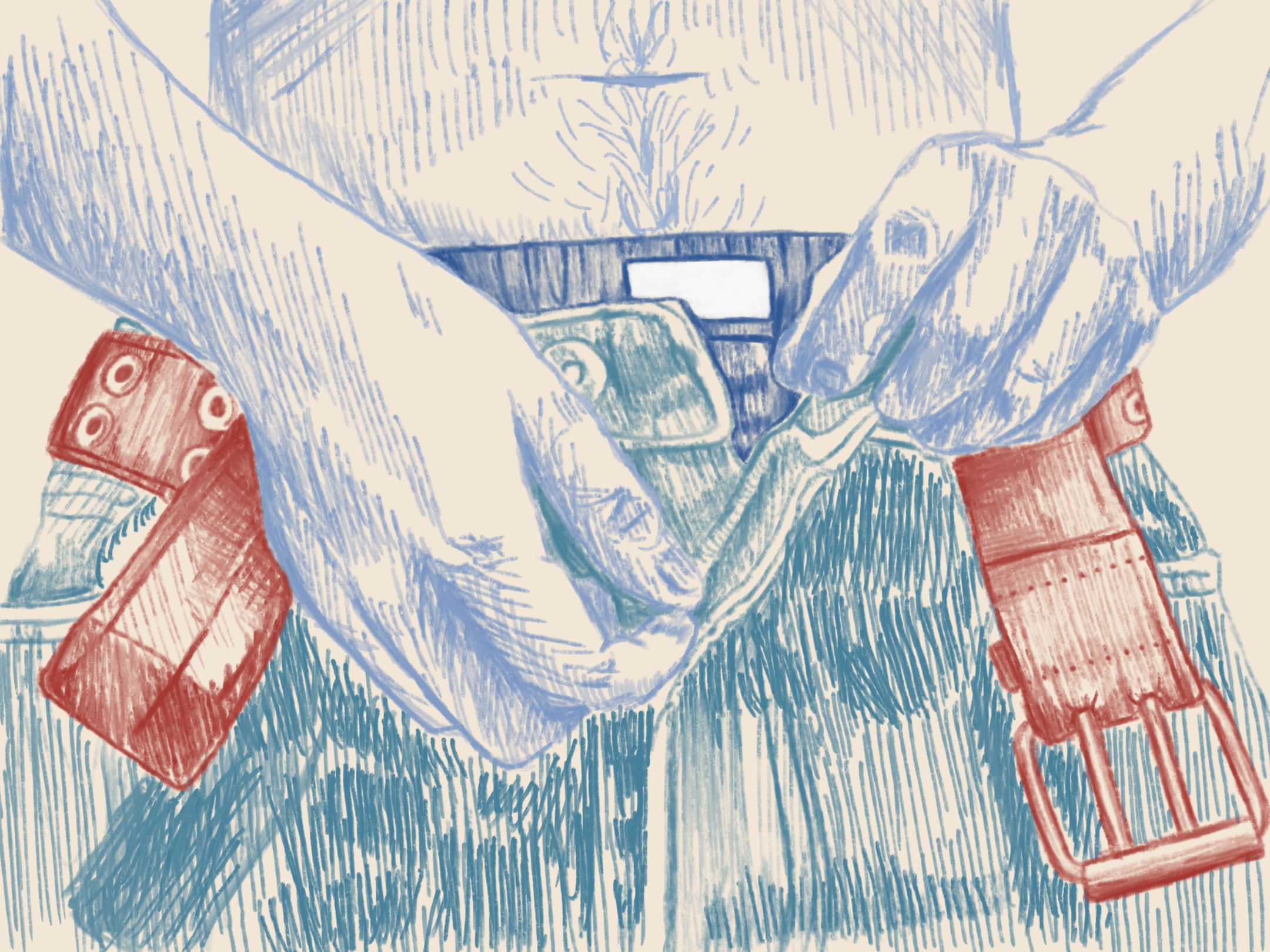For the fifth installment of this series I had the opportunity to interview Kai Rogers. Kai is a Director at Large for the SUO. He is in his fourth year, majoring in Management. Kai will be graduating this semester.
What do you do as a Director at Large?
Within the Student Union Organization (SUO), I'm the chair of the Oversight Committee. It's our job to do performance reviews of all of our executive directors and make sure that they're doing the jobs students elected them to do.
My approach has always been that I don’t want to be the bad guy. I believe that the Oversight Committee can be a force for good within the union, not in the sense of, hey, you're doing this wrong, but in the sense of here's where we see how you can improve; here's how you can make your year even more successful; here's how you can do even more good for students. It is a committee where we can have frank discussions that lead to even more improvements for students.
I've worked in the past two years to change a lot of our policy, especially with some of the working remote stuff. We added some of those policies to make sure that when you're working remotely you're doing it properly.
I've been working closely with our food bank, the Pantry. We were running out of space and were using the theater to store food. Of course, that's not a long term solution. So, we discussed possible solutions and negotiated with UBC. The university was nice enough to grant us a big space inside. Now we have a dedicated space to store food long term for the Pantry.
And then, I try to be in the office at least two or three times a week, if not more. If I'm down there for class, which is four days a week, I'm almost always in the office just talking to our staff and seeing how things are. I often man the front desk when we have a shortage. I don't get paid for it, but I really enjoy interacting with students.
I've worked heavily on the accessibility side of things this year to advocate for changes to our disability policies on our campus with the university. Back in October, I was down in Vancouver presenting to the Board of Governors– which includes the Chancellor Steven Point, Santa Ono, and all the head honchos– on how we can work together to improve the DRC.
Because of the presentation, UBC is implementing an accessibility advocacy committee to address physical concerns on campus. We're looking at having that committee co-chaired by a UBC employee upper level management and a student union representative to make sure that we get the student perspective as much as possible. I'm going to be there for at least the first meeting where we set up what exactly our mandate is and how we're going to achieve it. The purpose of that committee is in response to direct student feedback.
How do you balance work, academic, and social life?
I am busy. I have my class schedule, and then I try to set everything up with deadlines. In between those deadlines it's like, well okay, I got ahead on this one, I can delay this one, let's go to trivia night at the Well. So, that's kind of how I do it. I can't juggle, but this very much feels like a circus act in terms of managing all the things I need to do.
What are your work related goals?
My biggest thing is, and it’s a buzzword: Everybody says in the elections this year that it's about creating connections and working with people. But, saying that and putting it into practice are two very different things. In an elected organization with a new board every year, it's very easy to be inefficient. So trying to keep us on track and moving in the right direction, not getting off topic, and not getting sidetracked was a huge thing for me. I only accomplished all that I did by working with other people. With everything I did, I tried to understand the other person’s perspective, even if they disagreed with me. Half the time I went with their idea because it was better than mine.
My whole goal was to keep the Student Union on track for our one mission, the one thing we have to do which is service students that we represent. We have 13,000 members. Everybody pays us fees. That’s in the back of our minds every single day when we go to work, and when we're talking about budgets and initiatives and what we're going to focus on. All of it comes down to managing the promises that we make to students to ensure that we're not promising things that we can't do, and that the things that we promise that we are able to do, we actually do them and that we're not just hanging around collecting a paycheck.
Is working for the SUO what you expected?
I really didn't know because what I knew about the SUO was what the average student knows about the SUO: not a whole lot. So, I went into it with a very open mind of I'm here to learn. So, I was asking as many questions relevant to my position and gaining as much information as I could about the Union so that I could then make informed decisions when the time came.
It was a lot of work. It was not necessarily fun at the beginning. But, I would say it was worth it, and the life lessons I've learned from working in the Union have forever shaped my career path.
I've just been accepted to law school and I attribute a lot of that to my time at the Union in working on the Oversight Committee and working on the Policy Committee and advocating for students and realizing, hey, I enjoy this stuff; I'm pretty good at it.
Is there anything you would like to add?
I am also the director of the public speaking club. My friend and I have turned a club that hadn't been active in two or three years to now the most popular club in the Management Student Association (MSA). The whole point of the club is to increase people’s confidence so that when they go to that job interview or when they do that class presentation they aren’t nervous.
That's another one of those things where it takes up a fair amount of my time, but I enjoy seeing people's skills improve and hosting events that people want to come out to and creating another good community on campus for people because that's my whole thing. I know that if I was in their situation, I would want there to be communities on campus where I feel welcome and here is an opportunity for me to go out and actively create that community rather than hope that someone just does it.




